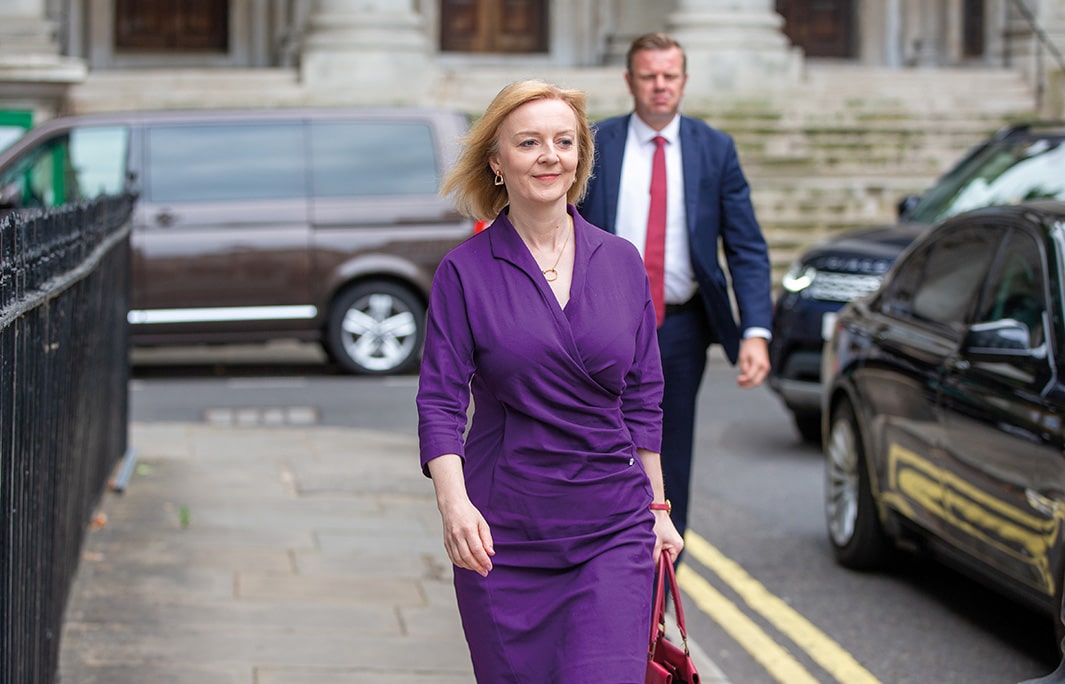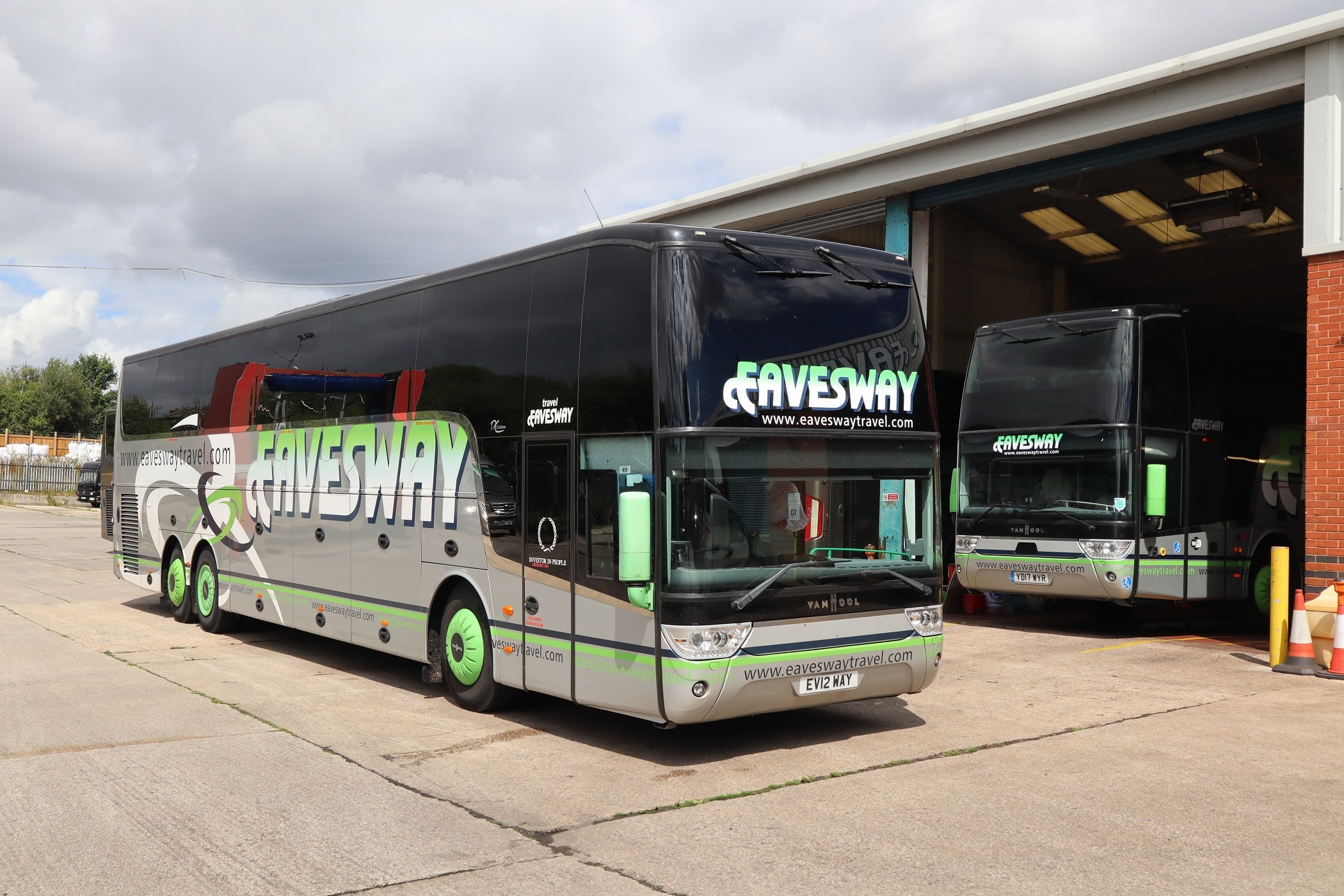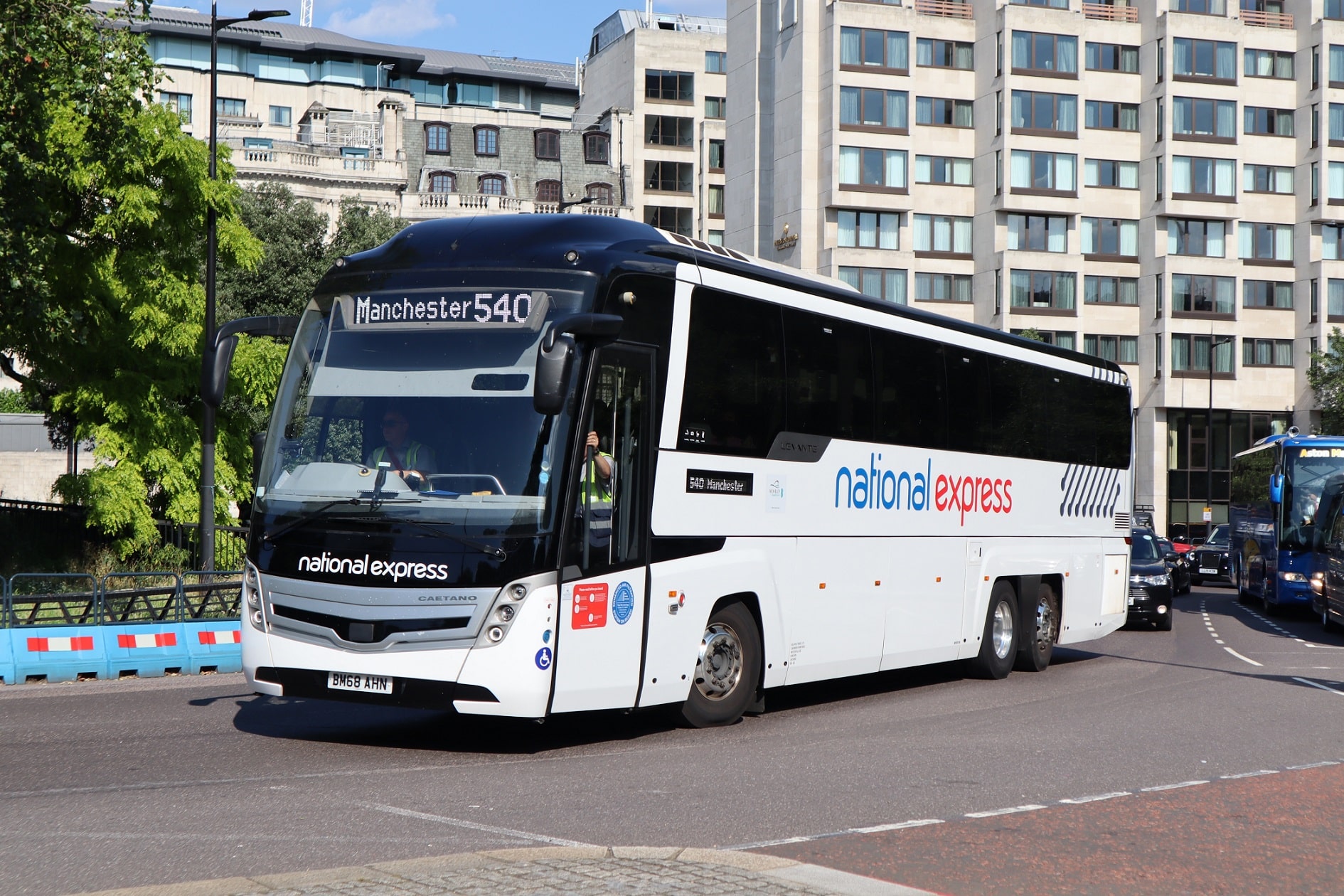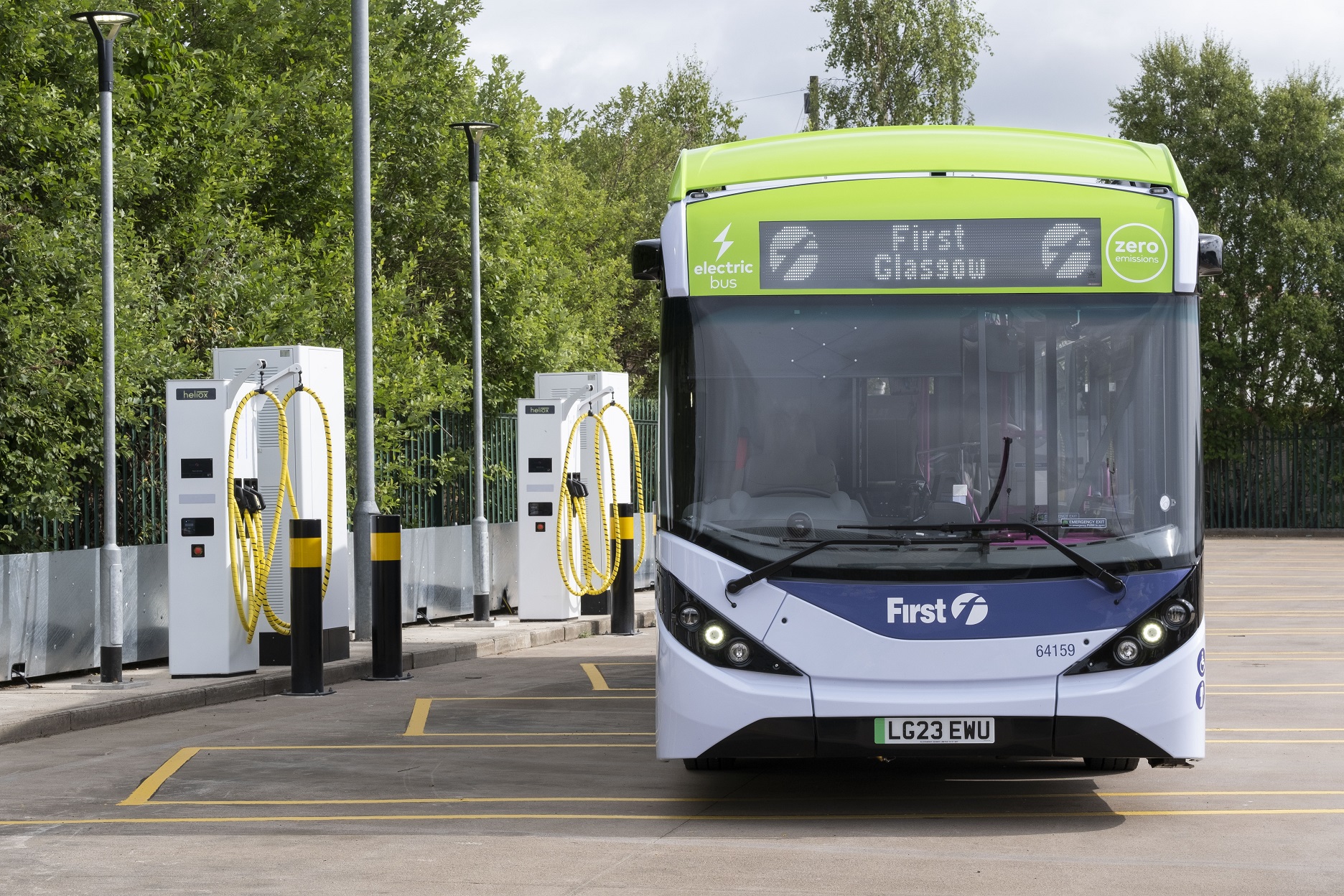With Graham Vidler on annual leave, CPT Policy Manager Alison Edwards this month writes on a subject ‘glaringly absent’ from the leadership debate
Television screens and newspaper column inches have been awash with MPs vying for the top job in government. This has intensified with the televised debates, even more so now we are down to the final two contenders.
One subject that has been glaringly absent throughout the leadership contest, however, has been that of the UK’s net zero targets. Considering the UK’s target of reaching net zero by 2050, the seeming lack of willingness to discuss it as a subject is staggering to say the least, especially as it is in our hands.
With the recent High Court ruling ordering the government to redraw its net zero strategy, there is now a need to look again at how we reach those targets. Our new Decarbonisation Dividend report shows that increased coach and bus travel is key to keeping us on the Climate Change Committee’s pathway to net zero. What is more, small changes in the way we travel can create a big difference.
Each of us switching just over one car trip to coach or bus per month each year (13 per year) by 2030, increasing to just over two trips per month (26 per year) by 2050, would result in a cumulative reduction of 19.5 million tons of C02e. The report also identified health and societal benefits that could be reaped in years to come due to this shift, including reductions in congestion valued at £29.4bn and health benefits worth £14.9bn – enough to build 33 new NHS hospitals.
That’s not to say the government hasn’t looked at this issue previously. The National Bus Strategy is a great start for the sector, but it is only a start. The incoming government must finish the job and commit funding across the whole country so that all passengers get to benefit from quicker, more reliable and more frequent bus services.
Key to decarbonisation is getting people out of cars and onto coaches and buses. But we also realise the need to switch our vehicles to zero emission. The National Bus Strategy committed to get 4,000 zero-emission buses into the national fleet, but as of yet, none are on our roads. The government must also wake up to the benefits of coach travel and the role coaches have to play in helping us achieve our decarbonisation goals.
It has never been a better time to travel by coach or bus. For bus travel, just in terms of cost, fares have risen the least (3.5%) compared to all other modes of passenger transport. What’s more, 89% of bus passengers are reported to be satisfied with their journey when they travel. It is timely then that we are proud to support Catch the Bus Month from Bus Users UK this September. The campaign will help raise awareness of the benefits using the bus and aims to increase the four million people who use the bus every day in the UK.
In recent weeks it was great to see Transport Minister Baroness Vere visit Confederation of Passenger Transport member Go-Ahead in Truro to learn more about coach and bus travel and the benefits it brings to society and to the environment.
Let’s hope that the new incoming leader is also keen to learn more about the sector.

























